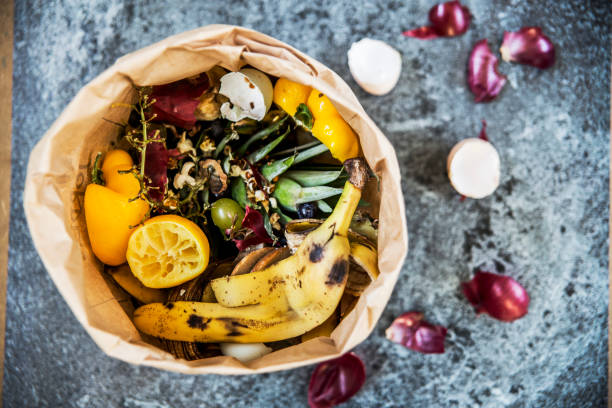Microbes have always been the focal point of Caitlin Singleton’s work. Her PhD studies at the University of Queensland in Brisbane, Australia focused on the microbes that eat thawing permafrost in Sweden and cause greenhouse-gas emissions. She has also been part of a project investigating the beneficial relationships between microbes and coral in Australia. When rising sea temperatures stress corals, they reject these helpful microbes, causing the corals to bleach and die.
“I love this field because it is environmentally focused. I am very passionate about the environment, how we can reduce our impact and how we can understand it better. This also explains why I am so excited about taking this background into a new project in which I will study how we can make microbes work for us and advance the green transition,” says Caitlin Singleton, a Postdoctoral Research Fellow at Aalborg University.
She was recently awarded a Novo Nordisk Foundation postdoctoral fellowship grant of DKK 2.4 million over a 3-year period. The grant will enable Caitlin to follow her passion. By applying advanced methods such as high-throughput full-genome characterization, she will explore how microorganisms can turn organic waste from municipalities, industry and agriculture into resources in a natural and environmentally friendly way.
A complex community
“Putting the waste into large tanks for anaerobic digestion (the process by which organic matter such as animal or food waste is broken down to produce biogas and biofertilizer) enables you to extract many useful things, such as biogas, nutrients and sludge for fertilizer. My project focuses on mapping the whole genomes for the complex community of microbes involved in the process so we can find the ones that are the most beneficial,” Caitlin explains.
The basic idea is simple: identify the best-performing microbes throughout the process. The first line of attack is initiated by organisms with characteristics that enable them to degrade the waste into simpler molecules. These are passed on to others, who do another job. Moving through this complex network, the processed waste finally arrives at methanogens (microorganisms that produce methane), who eat the remnants and produce methane that can be used as biogas for electricity, heat or transport fuel. Sludge can be used as fertilizer in agriculture or specific nutrients such as phosphate can be recovered.
A microbe with a CV
“In the past, we have only been able to get little fragments of genomes from these microorganisms, but there have been good advances recently in long-read sequencing, which now means that we can map the whole genome. The genome is essentially the CV of the microorganisms, giving you a good idea of their potential. And with some further experiments you can confirm whether they are really able to do it,” Caitlin Singleton explains, adding:
“Once these genomes are mapped, we will find that they can do all kinds of amazing things. They have lots of different enzymes that we still know nothing about. These could even help us manage materials that currently resist decomposition, such as crop residues and lignin. We have absolutely no idea what more than half of the genes in bacterial genomes do right now. There is a lot of work to do in this field,” she says.
According to some estimates, there are about one trillion species of microbes on Earth.
“There is a lot of basic research in this project, but I think it will provide applications quite soon. Similar to wastewater, for instance, in which you quite quickly can identify which microbes are bad and take measures to get rid of them,” Caitlin Singleton says.
15 projects altogether
Altogether, the Foundation has awarded five postdoctoral fellowship grants and 10 project grants within the Industrial Biotechnology and Environmental Biology programme. A total of almost DKK 40 million has been awarded to the 15 projects.
These projects will contribute to solving challenges within industrial biotechnology and biobased production or develop biological solutions with a global impact on the environment. The full list of projects is available here:
https://novonordiskfonden.dk/da/bevillingslister/?c=283 – (postdoctoral fellowship grants)
https://novonordiskfonden.dk/da/bevillingslister/?c=282 – (project grants)
Each year, the programme awards DKK 10 million for postdoctoral fellowships and DKK 30 million for collaborative project grants within life science research and industrial applications promoting sustainability. The next call is expected to open in June 2021.
The programme also supports the continued development and consolidation of excellent research leaders within the area by awarding DKK 30 million to Emerging Investigators and DKK 30 million to Ascending Investigators. The latest application round has just had a deadline.
Further information
Anders Rosendahl, Senior Communications Partner, +45 7730 1532, [email protected]








